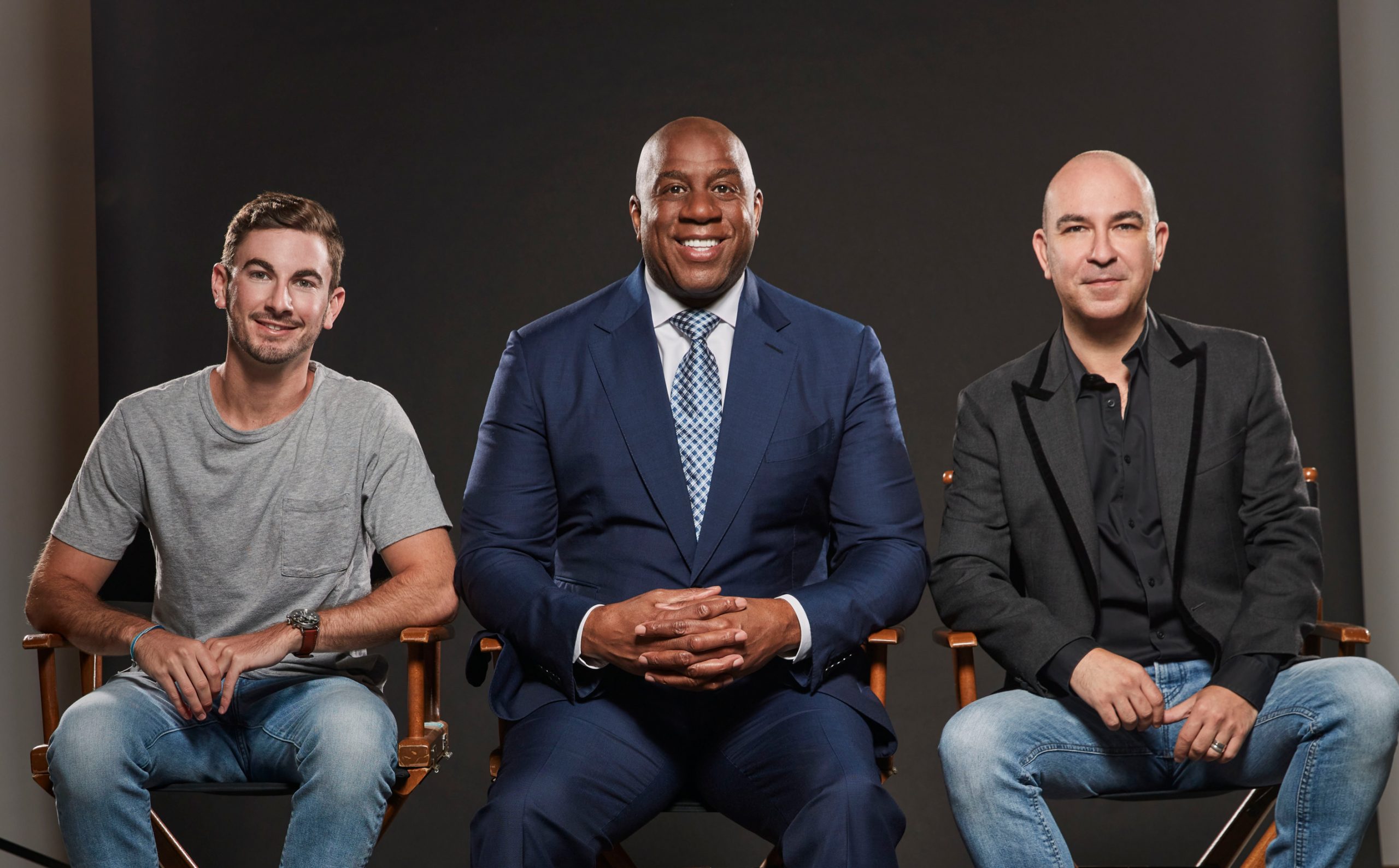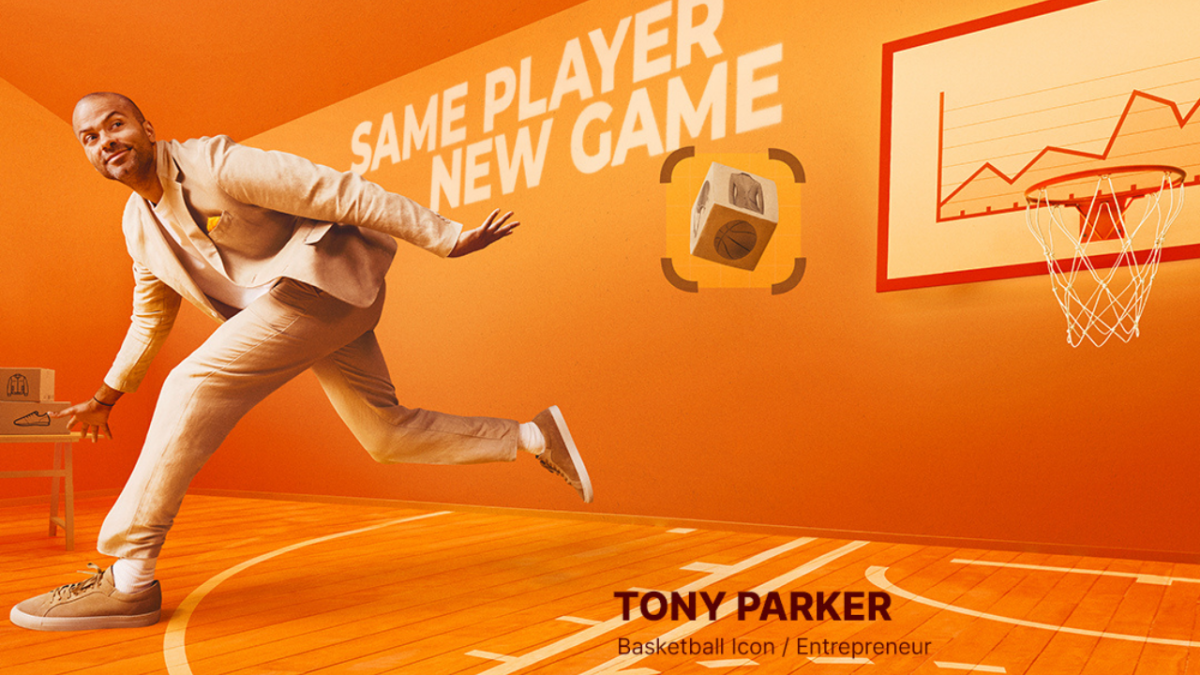


Garrett Greller was on a mission. At the age of 14, he was diagnosed with arthritis and was growing up in chronic pain. After years of failing to relieve the pain with numerous prescriptions, he decided to create a hemp-based topical pain reliever that would work for him and millions of other Americans suffering from the same ailment.
That’s the story of Uncle Bud’s – a hemp and CBD brand founded by Garrett that has begun building a strong presence in China. What’s remarkable is the fledgling brand is doing so fewer than 18 months after it was born in the U.S.
Watch: The Journey of Uncle Bud’s
Uncle Bud’s won one of Alibaba’s nine “Go Global 11.11 Pitch Fest” awards, which offered small and medium-sized brands without boots on the ground in China a low-cost, low-risk opportunity to test the market and fine-tune their strategies before establishing a full-fledged presence.
Garrett’s partner and co-founder Bruno Schiavi says Uncle Bruno’s and Tmall Global were a perfect match. Tmall’s livestreaming was a gateway to make Chinese consumers open up their minds and explore new brands like Uncle Bud’s and listen to their compelling story. Tmall Global’s analytics tools allowed Uncle Bud’s to receive instant consumer feedback and quickly turn that into planning market-specific products or strategies for future sales campaigns.
Alizila interviewed Garrett and Bruno for more about their experience of meeting Chinese consumers for the first time on Tmall Global during 11.11 and how their brand is applying what it learned to Alibaba’s 12.12 shopping promotion this weekend.


Q: How did you make that leap from your pain, finding solutions to businesses?
Garrett: I’ve always been an entrepreneur. I started my first business when I was 11 years old, making duct tape backpacks and duct tape wallets. I’ve always had an interest in business. It was like my sport and my dad was the coach. My dad and I wanted to create something and share it with the world because we love telling stories and we love to make products and share things. So when we saw that we had a solution to my problem, my dad being a branding and marketing guy in his career, knew that we had a story to tell and a brand to create.
I knew that everything I was doing with Uncle Bud’s would teach me how to start a business, teach me how to run a business, teach me how to create a product. And that’s what really happened. We bootstrapped it through my college years. It was sold through word of mouth or by promoting it on forums and beta websites I built. But we got to a point where I was graduating college and had to decide whether to stop the business or take on the mission to help other people like me. We were hearing feedback from people who had the same pain, saying that my products changed their lives. We couldn’t just take it away from them by quitting.
Q: Bruno, why did you name the brand “Uncle Bud’s,” and what key milestones have you hit so far?
Bruno: We named it Uncle Bud’s because everybody’s got an uncle that’s called uncle bud, or someone you go “Hey bud, how you doing?” Our name also represents one of our company values, which is being approachable and can be relatable to anyone.
We launched the brand in the U.S. about 18 months ago and quickly became the number-one hemp and CBD skincare brand and added 700,000 social media followers during that period.
Q: Why was China on your roadmap so early for your market expansion?
Bruno: What excites about the Chinese market is that consumers there are always willing to explore new brands and products. The analytics on Tmall Global proved that. Chinese consumers were welcoming new brands with open arms.
And during Covid, as a brand, the 11.11 Global Shopping Festival was your best entry into China. The shopping festival opens the opportunity to new and smaller brands to meet a wide range of Chinese consumers. You probably don’t have this perfect opportunity elsewhere or a different time of the year. Tmall gives small boutique brands the chance to go to China, while also benefiting customers to explore different brands other than the well-known powerhouses.
This all happened very quickly. We prepared for our launch in seven weeks, when the average period is anywhere from six to 12 months for foreign brands to launch on Tmall Global.
Q: What were the useful tips you received from the Tmall Global team during the onboarding process?
Bruno: In my early conversations with the Tmall Global team, I was convinced of the importance of using local influencers, or livestreamers, to help share the brand’s story in addition to American celebrity endorsers, including Magic Johnson, Jane Fonda and Toni Braxton.
We were also advised to launch with an expanded assortment of products to see which products resonated most with Chinese consumers. So, out of the 75 product offerings we have in total, we carefully chose 20 top-performing products for 11.11, including pain relievers, CBD and hemp face masks and antibacterial hand and body lotion. It was also an opportunity for us to explore and learn more about the market, so we went in with diversified offerings without any preconceived ideas about which products will do well.
Q: Hemp and CBD is a new market, not one everyone’s familiar with, especially in China. You had lots of stories to tell and information to educate consumers with during 11.11.
Garrett: They’re new ingredients. Our biggest mission is to educate consumers about the benefits of hemp and CBD and how these new ingredients are being used in skincare. We’ve always been a leader in the category when it comes to teaching and educating about hemp and CBD. And we were there to be that accessible, affordable and trusted brand that people knew that they can get good products at an affordable price range, knowing it’s something that other people stand behind as well. And we were so excited to share that with the Chinese market.


Q: As a brand with a strong focus on digital branding, what did you think of Tmall Global’s online features to share and educate potential customers?
Bruno: To Garrett’s point, we’re not selling a handbag or a dress that everyone already knows its usage. We’re in a new category that sells natural alternatives to chemicals. Livestreaming made this process a lot easier and helped us open up consumer minds more about trying something new. ‘How is that good for my skin?’ ‘What does the product feel like?’ Customers need to feel like they are there with you testing the products. Interacting with livestreamers worked as instant gratification for customers who were watching. We were bringing authenticity and trust to the table with hemp and CBD, and they quickly understood the benefits of our products. When people understand the need for it, they want to buy it.
Q: Uncle Bud’s started with a strong focus on digital strategy. Is it fair to say Covid has accelerated that?
Bruno: Yes, the motivation was twofold. One, we always knew that customers who want to try hemp and CBD are Gen-Z consumers.
The second reason is that Covid pushed our online model. During Covid, our online business grew by 8,000% and was getting 50,000 new customers a week. Online accounts for about 60% of our sales, and our revenue tripled in 2020 from last year.
Q: What were the key takeaways from 11.11?
Bruno: We learned that products that were popular among Chinese consumers were not impacted by price-sensitivity. In fact, the most-expensive product did the best in sales.
So, based on these early findings we learned from 11.11 sales and analytics tool, we are developing new products just for China. We like this process of learning from the Chinese consumers and having to ask ourselves ‘do we need a new product for China exclusively?’ The results will come out as products as soon as February, before Valentine’s Day. We move fast. And this is why I loved working with Tmall Global.
Q: What does 11.11 mean for new brands entering China?
Bruno: The shopping festival opens up the opportunity for new and smaller brands to meet a wide range of Chinese consumers at once. You probably will not have the same experience elsewhere. I think Tmall gives indie, or small boutique, brands the chance to go to China.
But as a brand, you have to be very prepared and committed to entering the Chinese market. You shouldn’t assume that China is going to be another sideline business for you. That said, you need to reevaluate your product offerings in China. What works in EU and U.S. may not work in China. For us, different skin type is one example of why.
Also, it’s important to partner with big KOLs in China. Livestreamers in China have a very loyal following, which resulted from Tmall’s livestreaming feature and how Chinese consumers have been responding to it.
Q: What do you expect from 12.12?
Bruno: We had a little more time to work closer with KOLs and build online marketing strategies based on the learnings we had several weeks ago during 11.11. We’re setting higher goals than 11.11.
Sign up for our newsletter to receive the latest Alibaba updates in your inbox every week.





